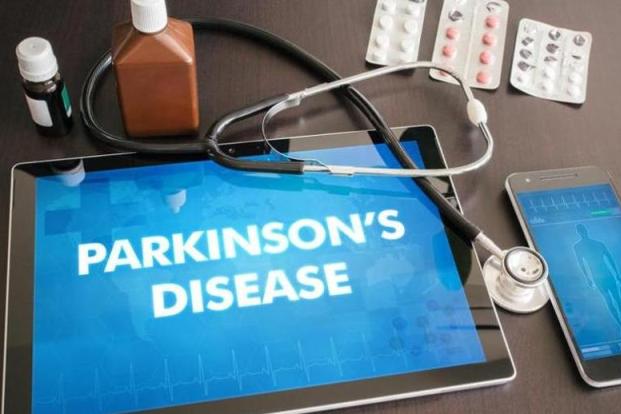Parkinson’s disease and DBS
Apr 19, 2022
As PD progresses the sustained effect of medicines decreases and becomes unpredictable, minimalor/and for a briefer duration (motor fluctuations). Also, some patients develop disabling unwanted excess movements called dyskinesias. This has significant effect on quality of life.

DBS or deep brain stimulation is a scientifically well proven surgical option in management of such cases. In DBS thin wires or electrodes are inserted in specified regions of the brain under precise radiological and neurosurgical localization and then connected to a battery-operated device (neurostimulator) placed outside the brainjust similar to a pacemaker of the heart. The stimulator sends electric impulses to the brain through electrodes thereby decreasing the symptoms of PD. By using a handheld programmer, the neurologist can adjust the stimulator settings as per the patient’s symptoms.
DBS smoothens the fluctuations and greatly helps to decrease the dyskinesias by about 60-70%. The dose of medicines gets reduced. Recent studies have shown that DBS may slow the progression of PD.
Few important points for patients to remember regarding DBS are:
- In itself DBS is not a cure for PD, it is a form of symptomatic treatment
- DBS is not meant for all patients with PD, so prior examinations by a qualified neurologist are a must
- It is very important to clearly distinguish PD from other causes of “parkinsonism” as these will not benefit from DBS
- DBS may aggravate the psychiatric manifestations in PD and may not have a significant impact in symptoms of postural instability and falls.
The ideal candidates for DBS are patients with young onset of disease, motor fluctuations and/ or dyskinesias and without any significant cognitive impairment or psychiatric symptoms.
The average time to DBS is about 10 years or more after onset/ diagnosis of PD. Recent scientific studies have also shown that DBS earlier on in course of illness (average duration 7.5 years) improved patient quality of life more than best medical therapy.
Overall DBS is an effective surgery and carries low risk of any neurological complications perioperatively but it requires an interdisciplinary coordination between neurologist and neurosurgeon and should be done at specialized centers.









